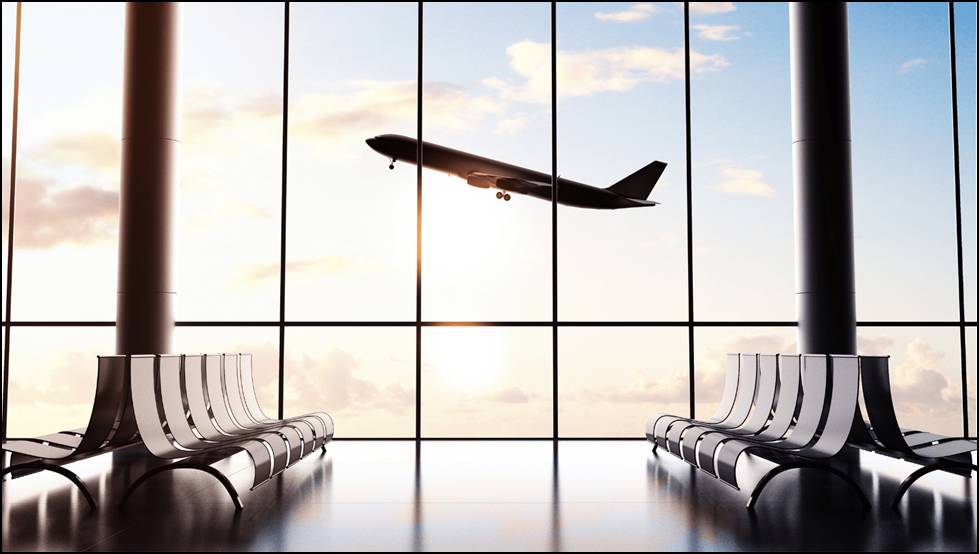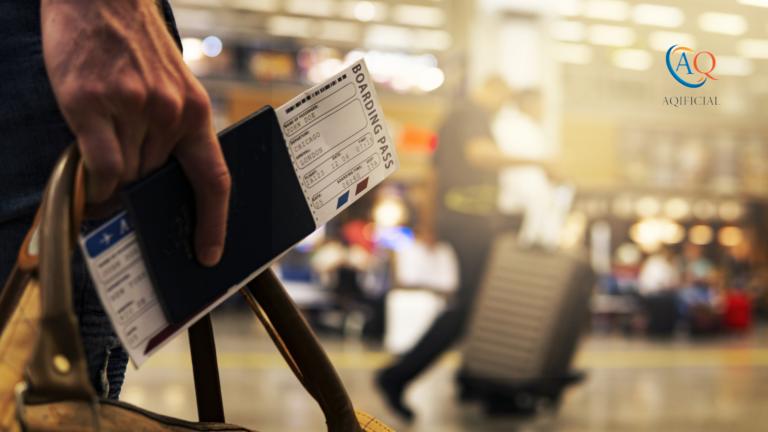Have you ever made a flight reservation and then a few days later been surprised to see the price had increased significantly? You’re not alone. In this blog post, we’ll explain why airfare prices sometimes go up, even when you’ve reserved a seat before paying for it. So if you’re a travel agent trying to book flights for your customers, read on for some helpful tips.
What do you need to check before offering a customer a quote?
Once you’ve found the perfect flight for your customer on a Global Distribution System (GDS), double-check the following before booking it and sending them the price:
Fare Validity
Check to make sure that the fare is still valid. Airlines generally set a specific expiration date for fares, so if it’s past its validity date, you’ll need to look for another option. Fare validity depends on the specific airline and can be anywhere from 1 month, 3 months, 6 months, to a year.
Fare Rule
Fare rules explain until when date changes or ticket cancellations are permitted, as well as any applicable fees. As a travel agent, you should be familiar with these fare rules for each ticket type and class of service in order to provide accurate information to your customers. By checking the fare rules, you can ensure that customers are aware of all potential costs and can make informed decisions about their travel plans.
Sales Restrictions
The sales date of the fare means the date until which the fare is valid after making the booking. Sometimes there are promotional fares that need to be purchased on the same day as they’re booked, regardless of how long the seat is available. This means that if customers don’t make their booking on the same day, they may be subject to a fare increase. Informing your customers about sales restrictions will save you against any last-minute conflict.
Booking Expiry
You must inform the customer of the deadline to issue their ticket; otherwise, the quote will no longer be valid. If they do not purchase by this date, the ticketing agent will have to re-quote based on availability and price.
Special requirements
Another thing to check is whether or not the customer has any special requirements, such as a specific seat assignment or meals of their choice. You should check with the airline to see if there is an additional cost for these items. Knowing this beforehand will help you to present a more accurate quote and avoid any surprises for your customers.
Luggage policy
It’s important that you know the luggage policy of the specific airline for the offered fare. This includes both the size and weight of any luggage that will be traveling with the customer, as this can affect the price of the ticket. This essential information will help you give the customer an accurate quote and avoid any misunderstandings later on.
Travel Insurance
You need to ask if the customer is willing to purchase travel insurance with the ticket as it can add to the fare. If they are not willing to purchase insurance, then you need to convey to the customer that any unforeseen events will not be covered during their travel. This will not only provide options to the customer but also increase your credibility.
By taking the time to double-check these details before you offer your customers a flight reservation, you can avoid costly surprises down the road and ensure they get the best possible deal.
What is dynamic pricing in the airline industry?
Dynamic pricing is a pricing strategy that charges different prices for the same product or service based on market demand. Airlines use complex algorithms to set prices, and they often change multiple times a day in response to demand. For example, prices may be higher during busy travel periods or for popular routes. On the other hand, airlines may offer discounts for less popular routes or for flights that are not expected to be full.
In general, the goal of dynamic pricing is to maximize revenue by filling as many seats as possible at the highest possible price. While some customers may find this practice unjust, airlines retort that it holds prices low for those who book tickets well in advance and gives last-minute travelers more options.
Although the dynamic pricing strategy can be beneficial for airlines, it can be confusing and frustrating for customers who are trying to find affordable tickets. Therefore, when searching for airline tickets, remember that prices may fluctuate based on market conditions.
In conclusion
As a travel agent, it’s crucial that you confirm all the details before quoting a price to your customer. This includes making sure the fare is still valid, checking the fare rules and sales restrictions, and confirming when the booking expires. By taking care of these things in advance, you can avoid any costly surprises later on and ensure that your customers are getting the best possible deal.













